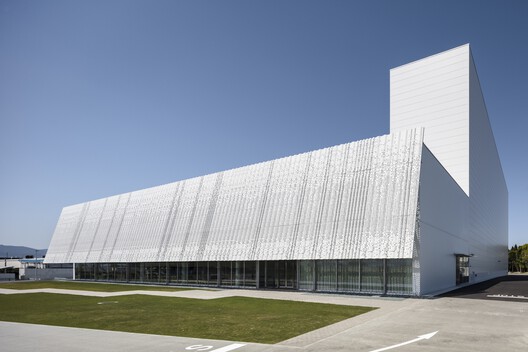French judges slam foreign ‘coordinated operation’ in first trial of suspected Russian proxies
PARIS — French judges on Friday handed prison sentences to four Bulgarian men in a first-of-its-kind trial of a suspected Russian hybrid war operation.
The group was found guilty of conspiring last year to tag the Paris Holocaust memorial with red hands in an operation that was clearly foreign “interference,” the judge told the Paris court.
The stunt was “an operation coordinated from abroad with hostile intent” with the goal of “stirring up public opinion, press on existing cleavages to further fracture French society,” she added.
The four men were banned from life from French soil.
The tagging of 35 red hands on the memorial in May of last year, along with dozens of Parisian buildings, is the first of nine similar cases currently investigated by French authorities to go on trial.
The different stunts, ranging from pig heads dropped at mosques to coffins placed near the Eiffel Tower, follow a similar pattern.
They involved groups of suspects coming from other countries — including Bulgaria, Serbia or Moldova — committing acts purportedly at Russia’s behest in an apparent attempt to fuel societal tensions, thereby weakening a key Ukraine ally and undermining the West’s democratic values.
Henchmen and ringleaders
The three men present in court — one of the group remains at large — acknowledged their involvement in the stunt in the first day of the trial, but strongly denied antisemitic motives or being willing participants to a Russia-led operation.
Notes from intelligence services partly cited in court and seen by POLITICO have pulled back the curtain on what appears to be a modus operandi for such operations, with marching orders sent via Telegram to group leaders, who hire lower-rank proxies to perform the acts.
“There are no spies” in this court, said Camille Di Tella, a lawyer for 28-year-old Kiril Milushev, who said he only agreed to the short Paris trip for recreational purposes and filmed the red handprints while drunk without realizing where he was.
Georgi Filipov, 36, who painted the red hands on the memorial’s Wall of the Righteous, broke into tears in his final remarks to the court when he said his nine-year-old son had seen him on Bulgarian TV labelled a Russian spy. “He said he was ashamed of me. I am ashamed too.”
Filipov explained his large tattoos depicting neo-Nazi symbols by his joining a nationalist group in his youth after a childhood marred in violence, during Bulgaria’s democratic transition in the 1990s.
Nikolay Ivanov, 42, was described in intelligence notes read out in court as the likely ringleader and orchestrator of the operation from Bulgaria, receiving instructions via Telegram in Russian.
Ivanov, who intelligence background notes say has been in touch with suspected Russian spies in the past, failed to convince judges that he was “duped” by a friend, Mircho Angelov, the only one of the four still at large. Ivanov was handed a four-year prison sentence.
Angelov, 27, who has been described in court as the main organizer on the ground, received a three-year prison sentence.
Filipov and Milushev, who were paid in exchange for their participation in the stunt, were handed two-year sentences.
The four suspects were found guilty with the aggravating circumstance of antisemitism for targeting the Holocaust memorial.
The director of the memorial, Jacques Fredj, said on Thursday the tagging of the red hands symbol had been an “earthquake” for Holocaust survivors and their families.
The suspects were not charged with foreign interference, as ad hoc criminal offenses were only created after the event in response to the ramping up of Russian activities targeting the country.
But the judge nonetheless took into account the context it which it took place, she said.
The prosecutor had called on the judges to take it into account in their decision, pointing to a “hostile” act targeting a “national symbol.”
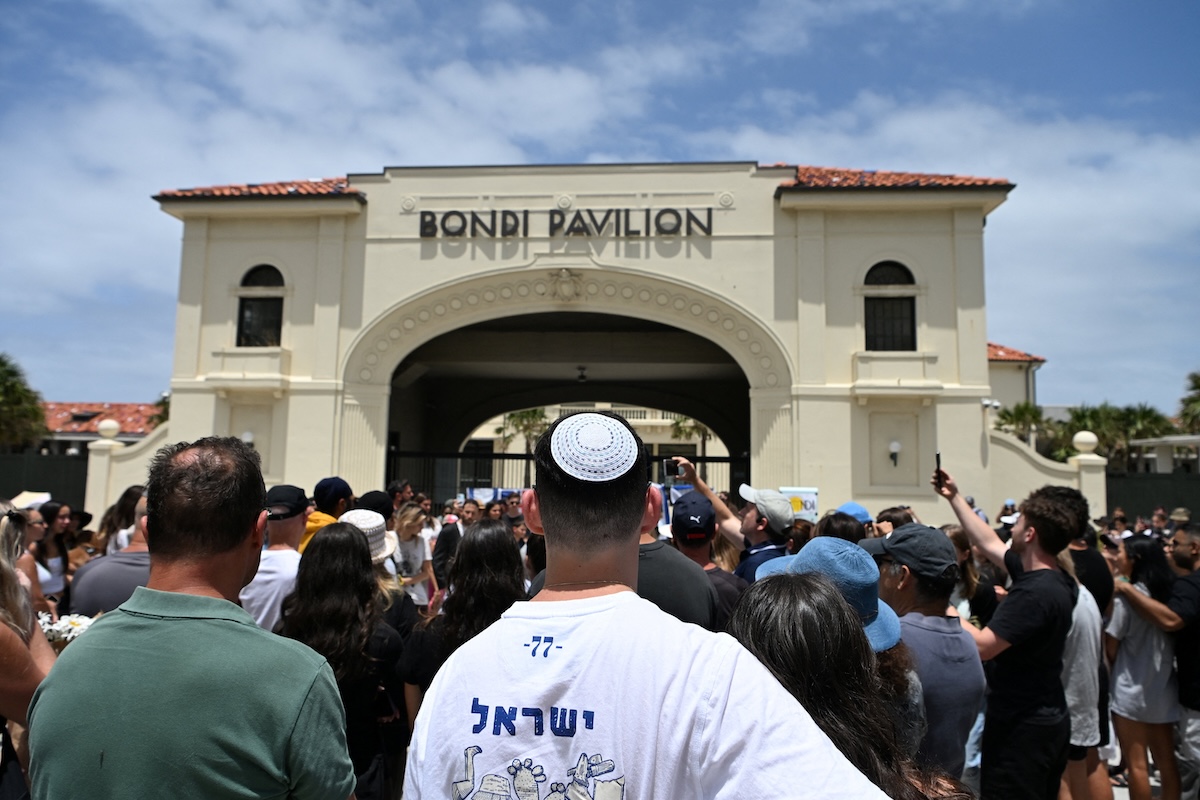
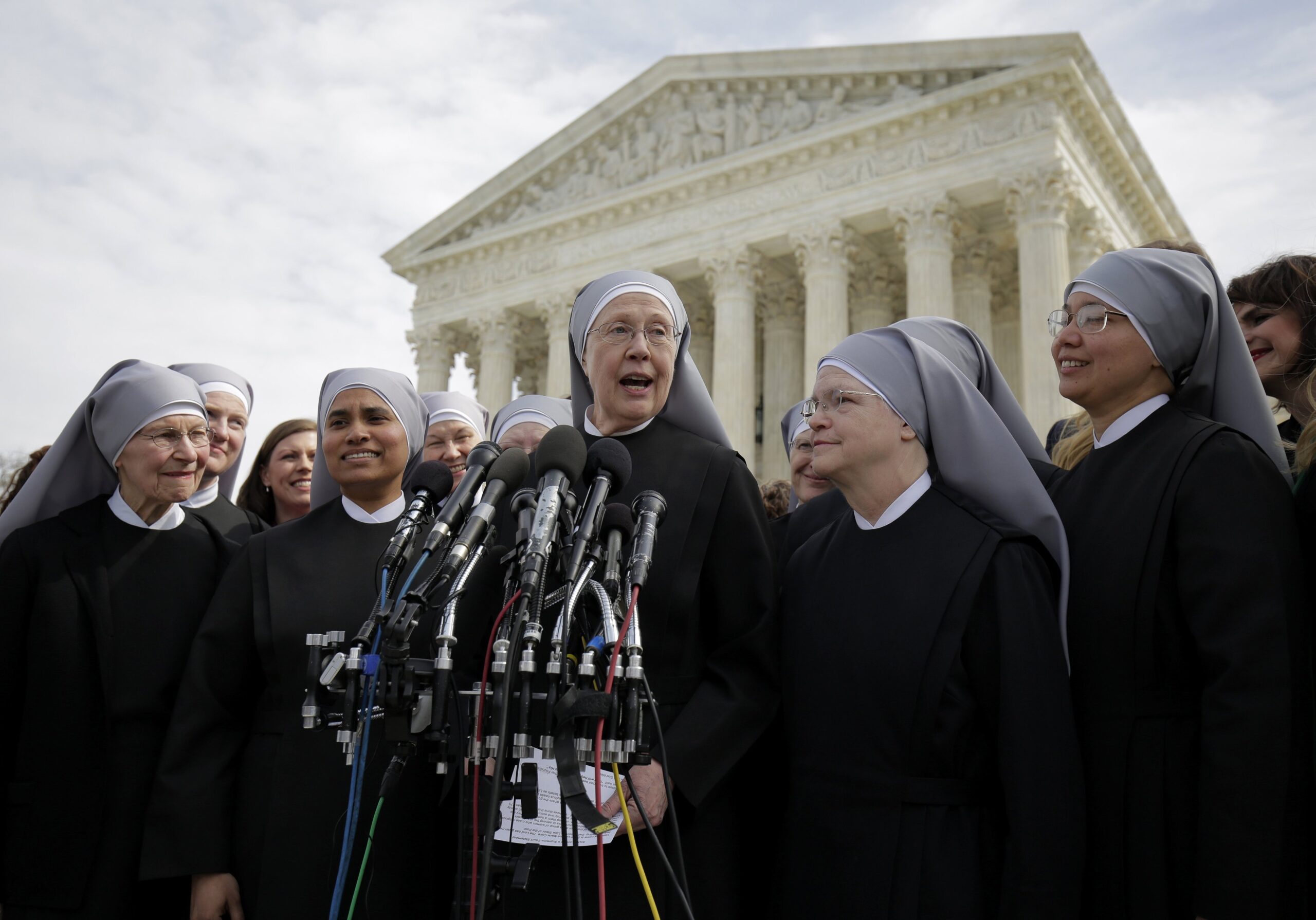
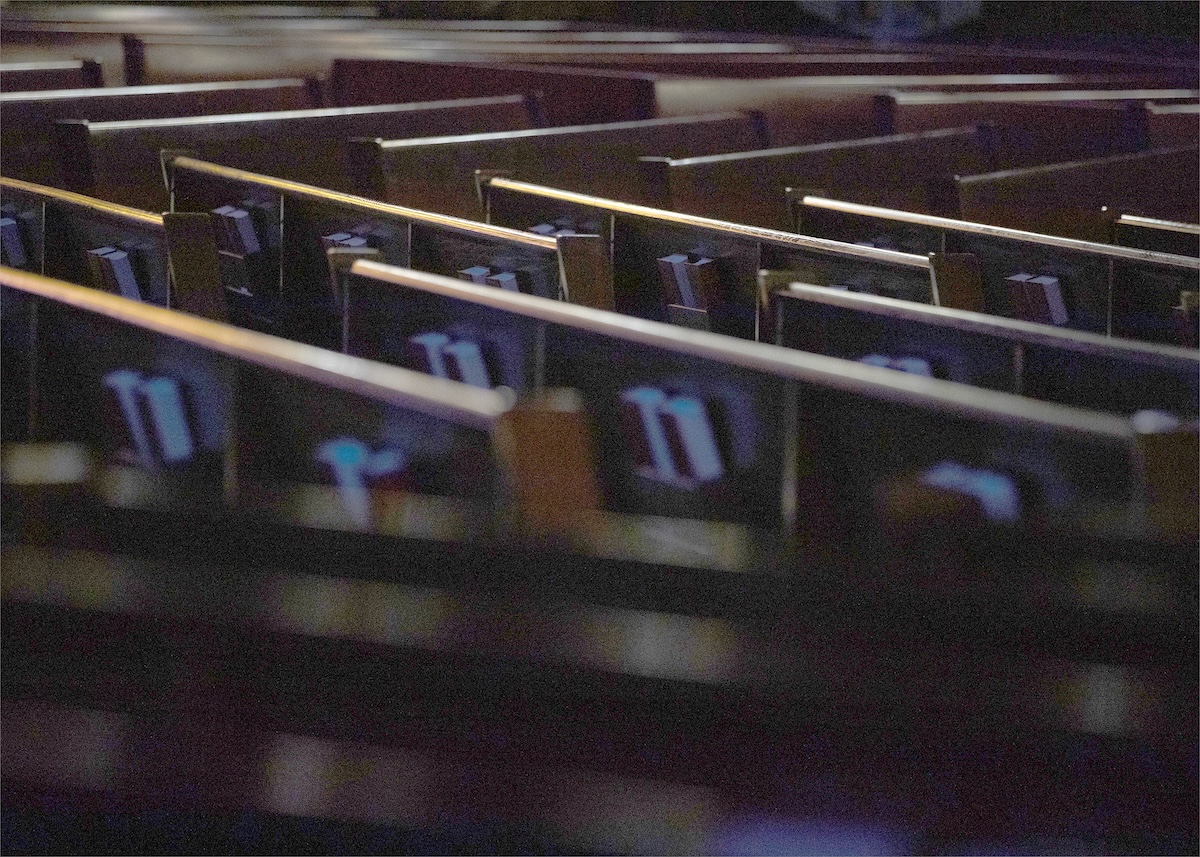
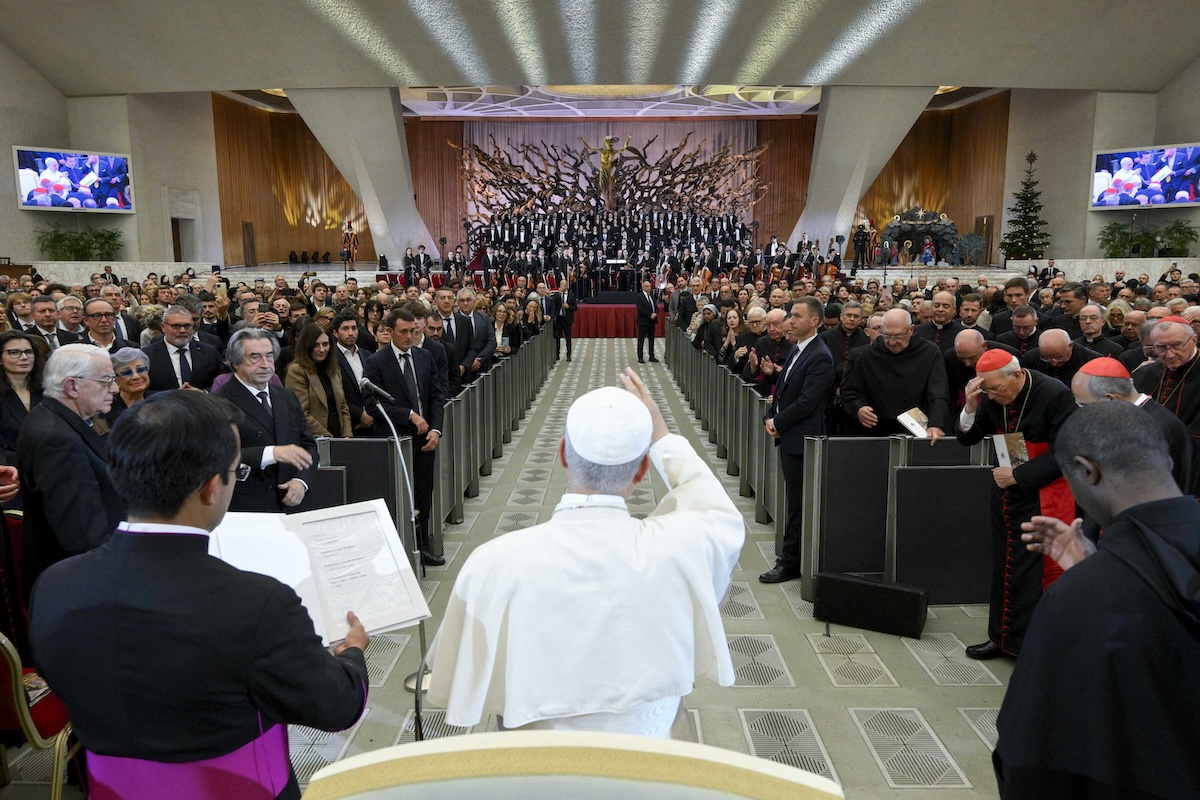
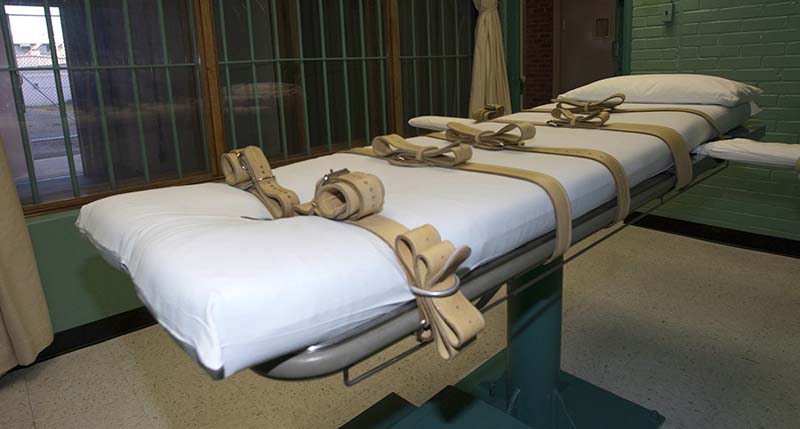















:quality(85):upscale()/2023/09/18/918/n/1922398/a1136b676508baddc752f5.20098216_.jpg)
:quality(85):upscale()/2025/10/09/670/n/1922283/00b944c868e7cf4f7b79b3.95741067_.jpg)
:quality(85):upscale()/2025/10/15/765/n/1922398/29c37a6e68efd84bb02f35.49541188_.jpg)
:quality(85):upscale()/2025/09/09/891/n/1922283/7222624268c08ccba1c9a3.01436482_.png)








